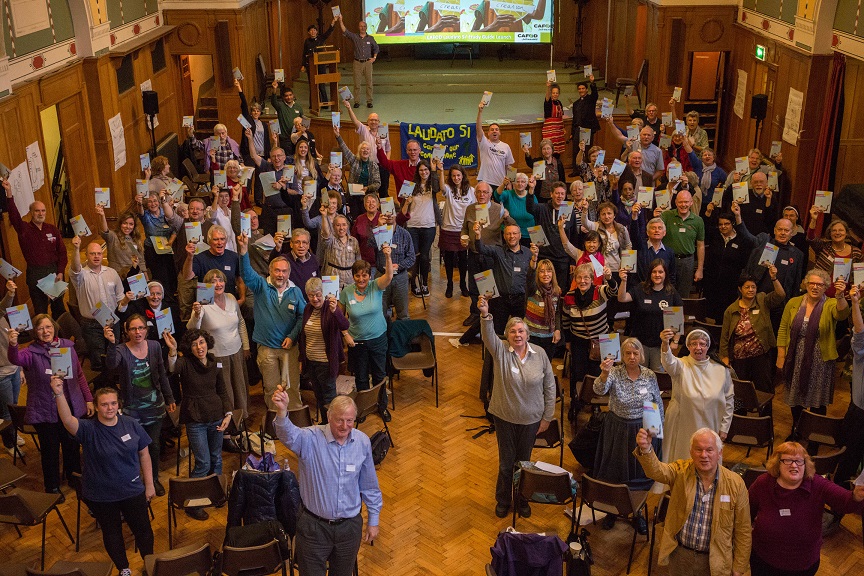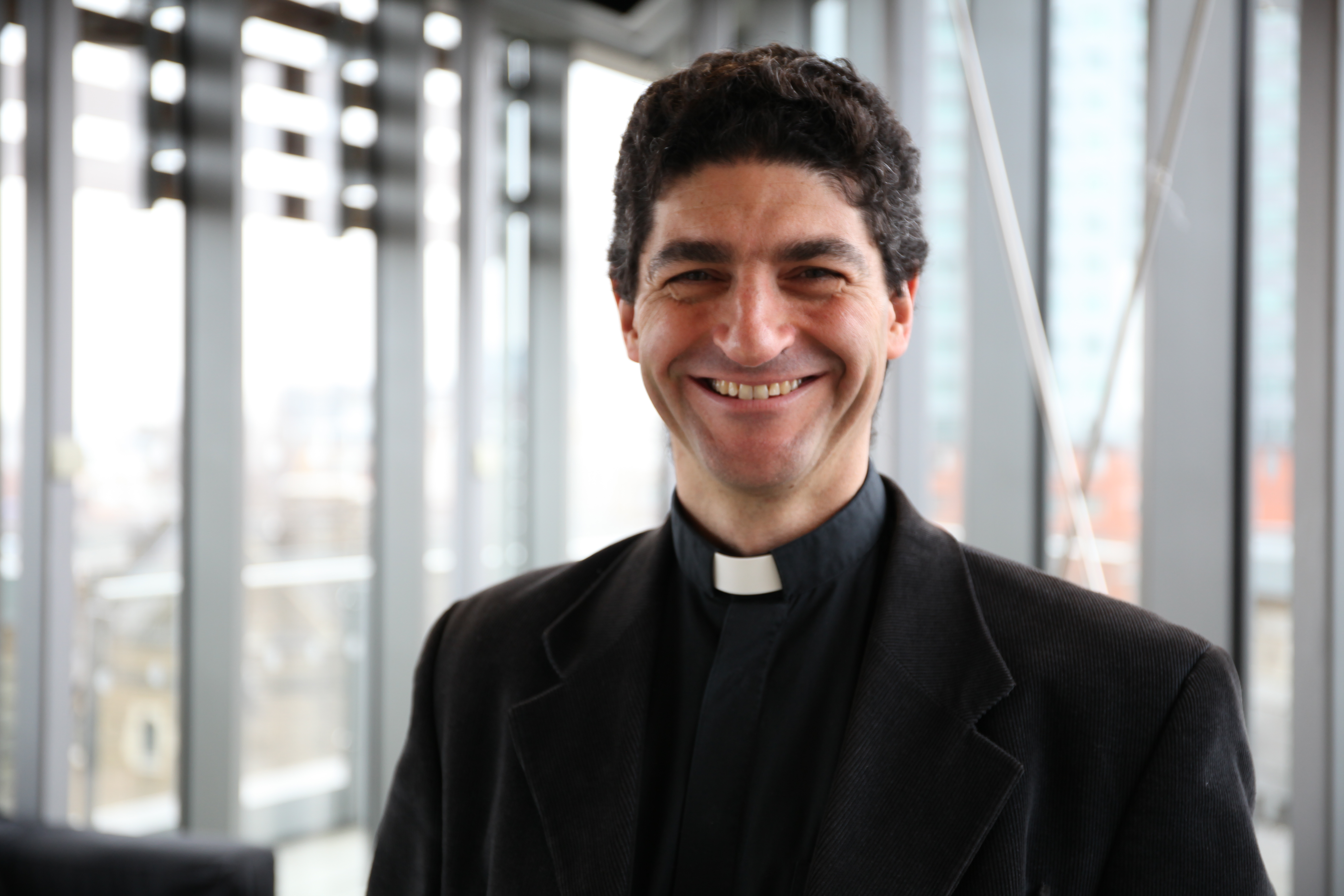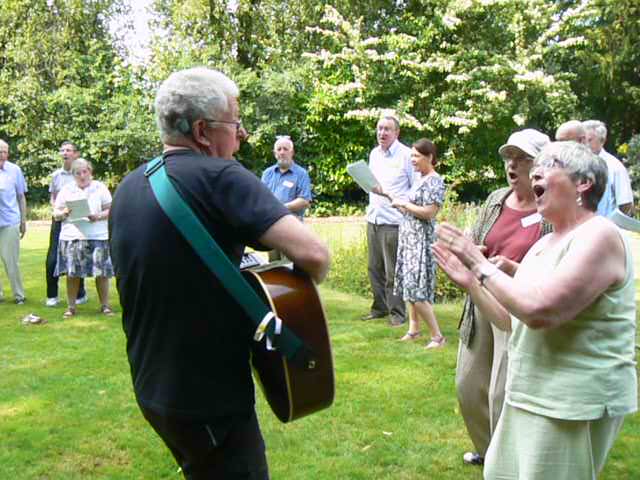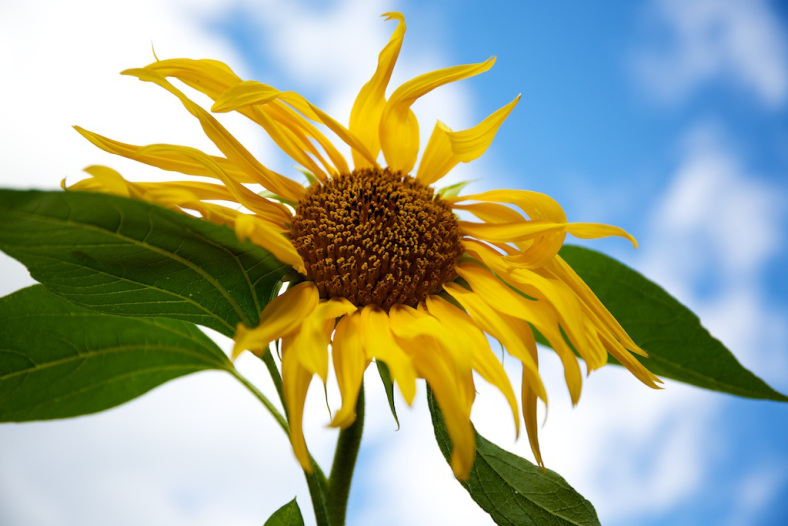June 29, 2015
This blog is written by Celia Deane-Drummond, who is a member of the CAFOD Theological Reference Group, and Professor of Theology at the University of Notre Dame. She has been writing and publishing on eco-theology for the last twenty years.
“Our home looks like an immense pile of filth”
Laudato Si’ is not for the faint hearted. Pope Francis, like Liberation Theologians, is prepared to go into the mud, as it were, of our own making and dwell there for a while.
The encyclical reads like a Psalmist cry of lament peppered with examples of our own degraded earth; “Each year hundreds of millions of tons of waste are generated, much of it non-biodegradable, highly toxic and radioactive, from homes and businesses, from construction and demolition sites, from clinical, electronic and industrial sources. The earth, our home, is beginning to look more like an immense pile of filth” #21. This implies that creatures once capable of offering a cry of praise are now silenced.
That this degradation is of our own doing is there for all to see, but for Francis it reflects a wider cultural carelessness and indifference about building relationships with each other and with the earth; a neglect of the most vulnerable in society. He points to the violence meted out on the earth and each other in the name of false ideals of progress, understood in terms of relentless growth and consumer capitalism.
Climate change impacts vulnerable communities
And for those who wondered how far Pope Francis would take on board the climate debate, it is clear that, chemist by training, he would have no ambiguity in his mind about the validity of human sources of climate change. He is suitably nuanced in his claim, so “a number of scientific studies indicate that most global warming in recent decades is due to the great concentration of greenhouse gases…released mainly as a result of human activity” #23.
A model of development based on the use of fossil fuels simply will not work, and he is adamant that use of coal needs to stop. He recognises, too, that the brunt of climate change impacts are felt by those who are most vulnerable in society, leading to forced migrations and loss of livelihood.
Take action on climate change Continue reading “A New Heaven and a New Earth: Pope Francis on Our Common Home”




